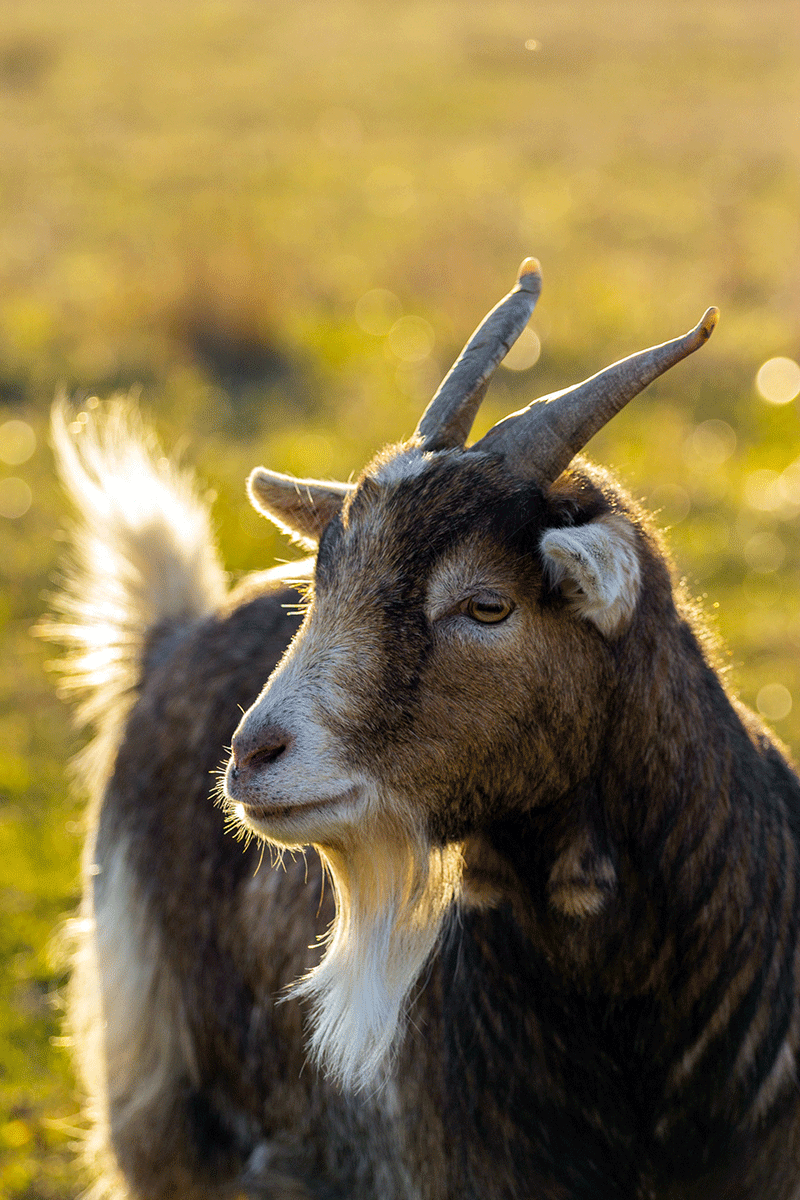Currently, there is no specific animal welfare legislation for a long list of species: dairy and beef cattle more than six months old, sheep and goats, the parent birds of broiler chickens and laying hens, pullets, turkeys, ducks geese, quails, farmed fish, farmed rabbits, and dogs and cats.
This means that countless terrestrial farmed animals and billions of farmed fish are only protected by the general provisions of Directive 98/58/EC, also known as the “General Farm Animals Directive”. Although this Directive rightly states that “farmers must take all reasonable steps to ensure the welfare of animals under their care and to ensure that those animals are not caused any unnecessary pain, suffering or injury”, a report by the European Commission shows that such generic rules are not easy to enforce.
Dairy cows are only covered by the General Farm Animals Directive, except for the Calves Directive. Multiple reports show the welfare of dairy cows is not sufficiently monitored, and serious problems persist, including lameness, mastitis, inadequate cubicle design, flooring, cleanliness, zero-grazing systems and permanent tethering.
The Broiler Directive excludes smaller farms and establishments that breed parent stock. Similarly, the Laying Hens Directive does not cover flocks with fewer than 350 hens, pullets, breeding flocks or other poultry species.
Sheep, goats, beef cattle, ducks and geese also lack targeted welfare legislation. The welfare of farmed fish is covered by EU legislation only during rearing, transport and slaughter. The welfare of wild-caught fish is not protected. Farmed rabbits are kept almost exclusively in wire cages, without any opportunity to express their natural behaviours.
of EU citizens think protecting the welfare of farmed animals is important
farmed birds slaughtered for meat per year
of grain and fat ducks are force-fed daily for two weeks to produce fois gras
GOING BEYOND MINIMUM EU STANDARDS
Member States within the European Union can introduce animal welfare standards that exceed the minimum thresholds established by EU legislation, allowing for the adoption of more rigorous measures.
In Sweden, there are specific regulations on dairy cows, rabbits, turkeys and pigs by the Board of Agriculture.
In Austria, the Animal Welfare Act 2004 sets minimum standards for the keeping of horses and other equids, pigs, cattle, sheep, goats, hoofed game, lamas, rabbits, poultry, ostriches and farmed fish. There are also specific legal requirements for cattle, rabbits, turkeys and pigs.
In Wallonia, Belgium, there are royal decrees relating to the welfare of farmed rabbits, turkeys, calves and pigs.
WHAT DOES THE PUBLIC THINK?
The 2023 special Eurobarometer on animal welfare showed that 91% of EU citizens think protecting the welfare of farmed animals is important, and 84% think they should be better protected by the EU than they are now.
Nearly nine in ten Europeans (88%) believe it is important to improve the welfare of animals in slaughterhouses, and 84% believe the welfare of farmed animals should be better protected in their country than it is now.
94% think it is crucial to ensure farmed animals have enough food and an adapted environment to satisfy their basic needs and that farm animals should be provided with enough space to move around, lie down and stand up.
More than 93% believe it is important to ensure people who handle animals have sufficient skills and training.
60% of the respondents to a 2018 French survey by animal rights organisation, L214, favoured a ban on force-feeding ducks and geese for producing foie gras, compared to 44% in 2009.
POLICY - CURRENT STATE OF PLAY
The stated objective of the Farm to Fork Strategy to revise all animal welfare legislation offers a unique opportunity to finally incorporate the latest scientific evidence on farm animal welfare into law and practice.
As part of this strategy, the European Commission had committed to revising the EU's animal welfare legislation in 2023, yet there has been no progress on the update regarding the Kept Animals proposal. Despite significant public support demonstrated through European Citizens’ Initiatives —with 1.4 million backing the End the Cage Age campaign and 1.5 million supporting Fur Free Europe - and a clear preference for stronger animal protection measures expressed in the 2023 Eurobarometer on animal welfare, the issue was absent from European Commission President Ursula von der Leyen's State of the Union Address in September 2023, and the subsequent 2024 letter of intent.
However, there is still an opportunity to place animal welfare at the heart of the EU Elections and to ensure the inclusion and prioritisation of animal welfare legislation by the next Commission and Parliament.








